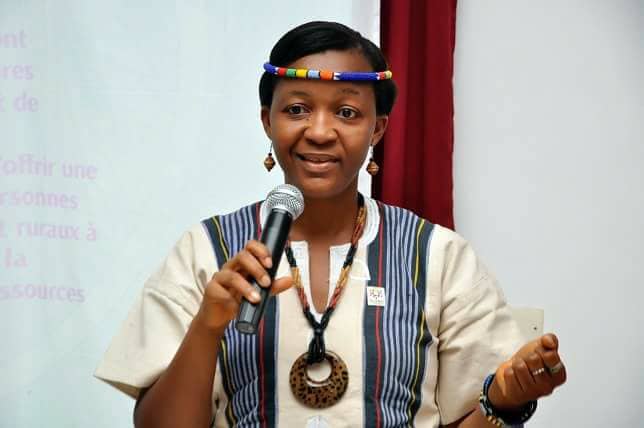The challenge
There is need to prepare today’s African Girls to enter a world of work that is being transformed by innovation and technology. As we are already seeing in our world today; graduates with Masters who are not technologically skilled find it hard to get high end paying job. A high school or certificate graduate with tech skills is likely get jobs easier.
According to the UN, about 600 million adolescent girls will enter the workforce in the next decade, more than 90% of those living in developing countries will work in the informal sector where jobs that are not protected with low pay, abuse and exploitation are common. The most disadvantaged girls — including those in rural areas and those with disabilities would have less access to decent work.
Just 17 years ago, Kodak had 170,000 employees and sold 85% of all photo paper worldwide. Within just a few years, their business model disappeared and they were bankrupt. This will happen in a lot of industries in the next 10 years and most people don’t see it coming.
Technology is disrupting 90% of traditional industries with Artificial Intelligence, health, autonomous and electric cars, education, 3D printing, agriculture and jobs. It is amazing to think that Uber is just a software tool, they don’t own any cars, and is now the biggest taxi company in the world.
In the US, young lawyers can’t get jobs. Because of IBM Watson, you can get legal advice within seconds, with 90% accuracy compared with 70% accuracy when done by humans. Watson already helps nurses diagnose cancer, 4 times more accurate than human nurses. Facebook has pattern recognition software that can recognize faces better than humans. In 2030, computers will become more intelligent than humans.
We are not yet developing the skills our African girls need to secure future decent enterprise or career. Today’s education shouldn’t be centered on students scoring A1 in English, Mathematics and other subjects but need to focus on developing their self-esteem, technical skills, critical thinking, creative ideas, broad-based skill adaptability, logical thinking and are able to develop solutions to problems.
Many African girls face gender stereotype or culture limitation and some do not have access to mentors, or these type trainings they need to transition from school to creating solutions.
“If we can give girls the right mentorship, they will have the courage and determination to face challenging careers.”
The solution
The Africa girls each have the strength, creativity and energy to meet the global technological demands. For our girls to gain access to the skills they need to succeed in the future, they are relying on us to guide them.
As the world on 11 October marks the International Day of the Girl Child, WHAI is committing to work alongside all the slum and rural based girls to expand existing learning opportunities and chart new pathways. We call on parents, schools and communities to rethink how to prepare Girl-Child for a successful transition into the future world.
Under the global theme, ‘With Her: A Skilled GirlForce’, We mark the beginning of a year-long effort to bring together partners and stakeholders to advocate for and invest in African girls’ most pressing needs and opportunities to attain skills for employability.
To develop A Skilled GirlForce, we are committing to:
– Expand access to inclusive education and training.
– Improve gender-responsiveness to learning to enable girls to develop basic or specific skills
– Change gender stereotypes, social norms and unconscious bias
– Kick off African Girl Child Mentoring program during the week of International Women’s Day
– Increase girls’ participation in Science, Technology, Engineering and Math (STEM) learning.
– Create initiatives to support girls’ school-to-work transition, such as career guidance, apprenticeships, internships and entrepreneurship.
– Enable access to finance and enterprise development for female creative girls living in disadvantaged communities.
– Form strategic partnerships which can act as thought leaders or financiers.
On this day, let’s stand with the African Girl-Child – develop her skills and remove gender barriers she faces, so that she and every girl can join A Skilled GirlForce.
(Udegboka Nkechi, Executive Director, Whispering Hope Africa Initiative (WHAI); whisperinghopeafrica@gmail.com; +2348033842029)





Comments are closed for this post.